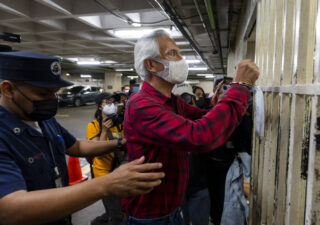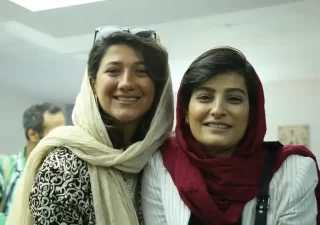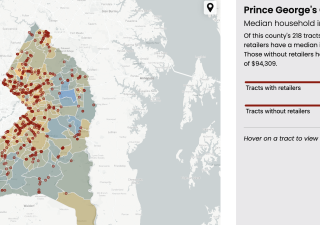Jose Carlos was on the phone with his father renowned investigative journalist and publisher José Rubén Zamora.
The Howard Center for Investigative Journalism
The Fearless Reporting of Elahe Mohammadi
Elahe Mohammadi wanted to write about the funeral for a young woman who died in police custody and to interview the mourning family as they buried their loved one. Instead, the newspaper reporter for Ham Mihan in Tehran was arrested, according to the Committee to Protect Journalists, an international press advocacy organization.
‘Our family is suffering’: In Baku, one Azerbaijani journalist still awaits justice
Azerbaijani journalist Polad Aslanov previously spent time with family, reporting on corruption and running two news sites before being unjustly imprisoned in Baku, where he is currently serving a 13-year sentence. Outside of prison, Aslanov’s wife and daughter fear for their family’s safety and have been advocating for him to be released.
States approved nearly 300 bills affecting policing in wake of George Floyd’s murder
Governors approved nearly 300 police reform bills after Floyd’s May 2020 killing in Minneapolis, according to an analysis of data from the National Conference of State Legislatures by the Howard Center.
Mega Billions: The great lottery wealth transfer
Using an analysis of cellphone location data, this nationwide investigation of state lotteries found that stores that sell tickets are disproportionately clustered in lower income communities in nearly every state and that their customers come from those neighborhoods. This pattern, coupled with predatory advertising practices and powerful state lobbying efforts, is driving a multibillion-dollar wealth transfer from low-income U.S. communities to powerful multinational companies, the collaboration between the Howard Center and Boston University found.
The Lottery on Your Block
A first-of-its-kind, nationwide investigation of state lotteries by the Howard Center for Investigative Journalism found that stores that sell tickets are disproportionately clustered in lower-income communities in every state.
Stores cash customers’ checks, then sell them lottery tickets
At All Checks Cashed in Everett, Massachusetts, a red neon sign beckons customers to cash their checks, pay utilities and try their luck with scores of lottery tickets.
About “Mega Billions: The great lottery wealth transfer”
In the popular imagination, the lottery is a harmless amusement in which people spend a few dollars on a Powerball ticket when the jackpot gets big. Data journalists and reporters from the Howard Center for Investigative Journalism at the University…
State lotteries transfer wealth out of needy communities
WARREN, Mich. — While the growing expansion of casinos and state-sanctioned sports betting steal the spotlight, state lotteries have nearly doubled in size over the past two decades, driving a multibillion-dollar wealth transfer from low-income U.S. communities to powerful multinational…
State lottery advertising tells players half of the story
State lotteries spend more than a half-billion dollars a year on pervasive marketing campaigns designed to persuade people to play often, spend more and overlook the long odds of winning.






